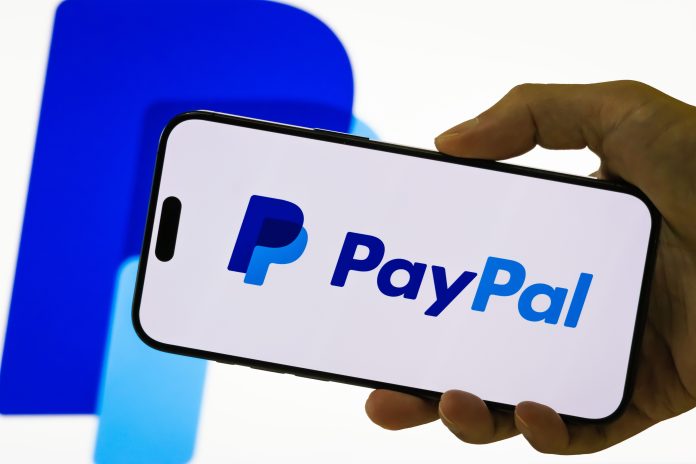Sri Lanka’s inability to fully integrate global payment gateways like PayPal stems directly from a failing within the country’s own regulatory framework, according to prominent economist Dr. Weerakoon R. Wijewardena.
Speaking on a recent podcast with Sanjaya Elvitigala, Dr. Wijewardena argued that the fault for PayPal’s limited operation rests squarely with the Central Bank of Sri Lanka (CBSL) and its Monetary Board.
The core issue, he explained, is that while the CBSL has approved the receipt of funds (inflows) via PayPal, it continues to block outgoing payments (outflows). PayPal has reportedly indicated it is unwilling to operate a one-way system and will only launch full services in Sri Lanka if both inflows and outflows are permitted.
Dr. Wijewardena attributed the Central Bank’s reluctance to its critical concerns over the nation’s low foreign exchange reserves.
“The Central Bank’s fear is that fully opening PayPal could lead to a sudden high outflow of foreign currency, similar to the issues created when vehicle imports were permitted,” he noted.
Sri Lanka’s current Net Foreign Assets (NFA) stand at approximately USD 1.9 billion. According to the analysis presented, Sri Lanka would ideally require reserves of at least USD 20 billion, based on IMF criteria, to ensure economic robustness and allow for free transactions without risking instability.
This regulatory impasse creates a significant hurdle for local freelancers and small businesses, who are often the primary users of such gateways.
Dr. Wijewardena highlighted that even with inflows technically approved, PayPal itself often blocks transactions with Sri Lankan banks because it cannot conduct “free transactions.”
He contrasted PayPal’s high efficiency and low-commission model with current alternatives, such as using credit cards for foreign payments, which typically incur high fees of around 3%.
The economist also pointed to a policy inconsistency, noting that Sri Lankans already use other online platforms, such as AliExpress and Daraz, to make payments abroad.
Dr. Wijewardena dismissed any notion that the integration is technically complex. He clarified that PayPal acts merely as a facilitator or “payment gateway” and does not require registration as a separate financial institution in Sri Lanka or bespoke agreements with local banks.
Citing PayPal’s successful deployment in other developing nations like the Philippines, he insisted integration is entirely feasible.
The authority to resolve the issue, he stressed, lies exclusively with the Central Bank and its Monetary Board and does not require approval from Parliament.
The discussion concluded with a strong recommendation for citizens and industry stakeholders seeking change: “The public should lobby directly to the independent Central Bank, specifically the Monetary Board, rather than appealing to politicians, to push for this policy change.”




